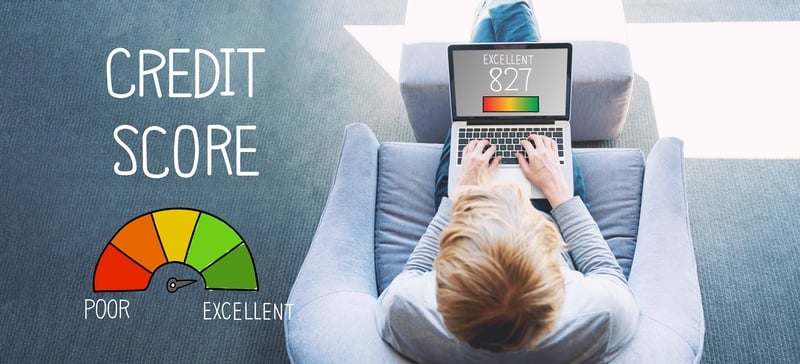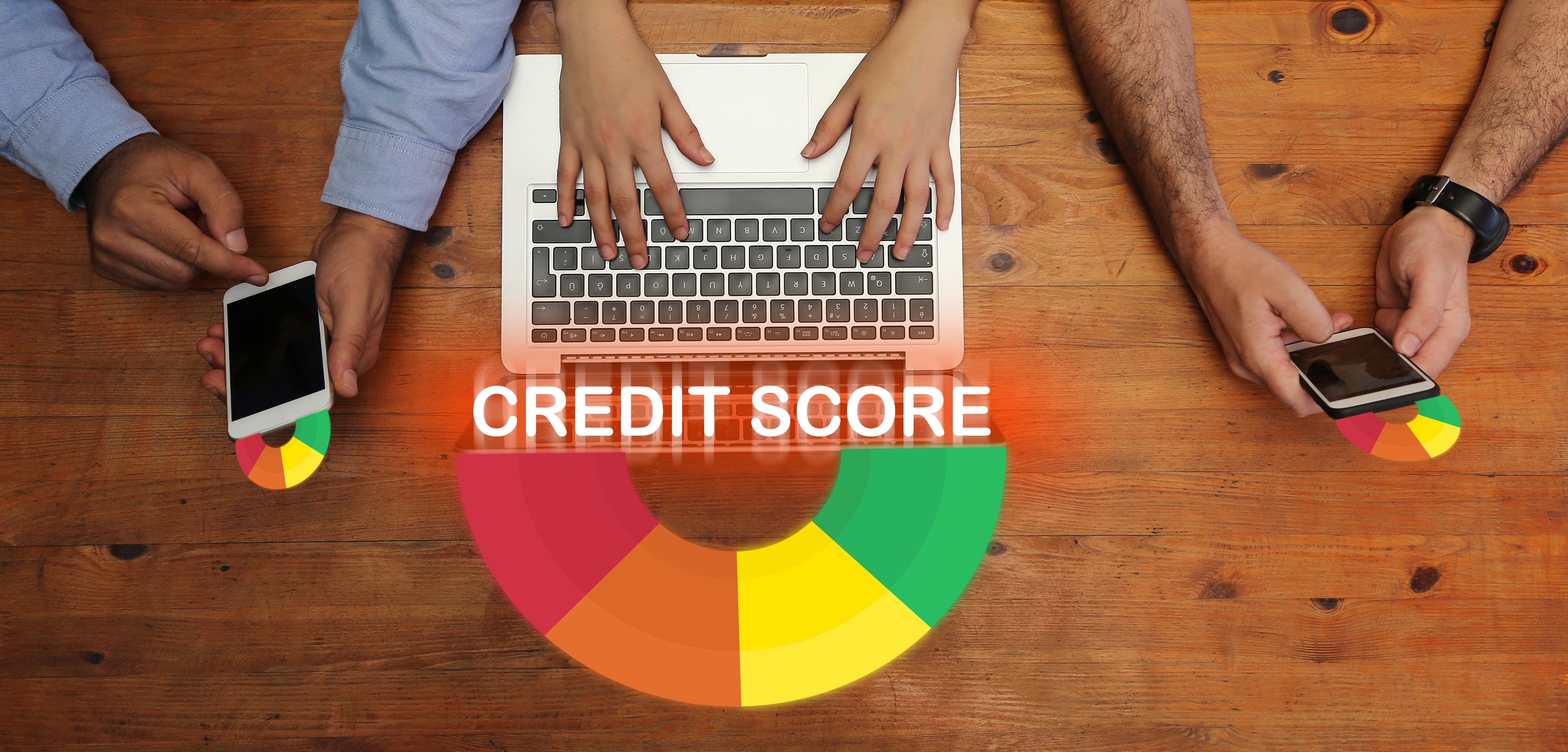How Does a Credit Score Work And Why You Should Care
Credit scores have a vast impact on people's financial lives. Your credit score determines what type of car or house you can afford and how much...
3 min read
 Kamel LoveJoy
:
Jun 11, 2024 5:30:00 AM
Kamel LoveJoy
:
Jun 11, 2024 5:30:00 AM

Building a good credit score is crucial for your financial future. Whether you're planning to buy a car, own a home, or just want to improve your financial stability, understanding how to build and maintain a solid credit score is essential. In this guide, we'll explore practical steps to help you build your credit score from scratch.
Before diving into how to build your credit score, it's important to understand what constitutes a good credit score. A credit score is a numerical representation of your ability to manage your debts and reflects how likely you are to repay borrowed money. The most commonly used credit scoring model is the FICO score, but Vantage Score is also used.
Exceptional: 800-850
Very Good: 740-799
Good: 670-739
Fair: 580-669
Poor: 300-579
Excellent: 781-850
Good: 661-780
Fair: 601-660
Poor: 500-600
Very Poor: 300-499
Both scoring models consider factors such as payment history, credit utilization, length of credit history, types of credit in use, and recent credit inquiries. Understanding these components can help you make informed decisions to improve and maintain a healthy credit score.
If you're just starting and have no credit history, you're not alone. Everyone begins with no credit score, which is built over time by managing credit accounts responsibly. So the question is: What it takes to get a Credit Score?
Scenario: Imagine a 20-year-old living at home, working part-time, and dreaming of becoming a real estate owner. How can he start building his credit from scratch?
One of the best ways to start building your credit score is by using a secured credit card. Here's how it works:
Application: Go to your credit union or bank and apply for a secured credit card with a $500 credit limit.
Savings Hold: The bank will place a $500 hold on your savings account as collateral.
Using the Card: Use the credit card for everyday purchases like groceries and gas, staying within your limit.
Monthly Payments: Pay off the balance in full each month on time. This positive payment history is reported to the credit bureaus.
Building Credit: Over time, responsible use and timely payments will build your credit history and improve your credit score.
Future Opportunities: After demonstrating good credit behavior, you may qualify for an unsecured credit card, and the $500 hold on your savings will be released.
To build a strong credit history, it's important to manage your credit utilization effectively. Credit utilization is the ratio of your credit card balance to your credit limit, and it plays a significant role in your credit score.

A lower credit utilization ratio indicates that you are using a smaller portion of your available credit, which suggests to lenders that you are not overly reliant on credit and are managing your finances responsibly. Ideally, you should aim to keep your credit utilization below 30% of your total credit limit.
For example, if you have a credit card with a $500 limit, you should try to keep your balance under $150. By consistently maintaining a low credit utilization ratio, you demonstrate to creditors that you can manage your credit wisely, which can positively impact your credit score over time.
Additionally, paying off your balance in full each month not only helps you avoid interest charges but also reinforces your ability to handle debt responsibly, further strengthening your credit profile.
Low Credit Utilization Benefits for Credit Scores:
Low utilization demonstrates that you are not overly reliant on credit.
Consistently paying off your balance on time shows that you can manage debt responsibly.
Maintaining low utilization and a good payment history will help improve your credit score over time.
Apply: Go to your credit union or bank and apply for a $500 secured credit card.
Savings Hold: The bank will hold $500 from your savings account as collateral.
Use the Card: Spend up to $150 monthly (30% of your limit) on everyday purchases.
Monthly Payments: Pay off the balance in full each month on time to build a positive payment history.
Build Credit: Over time, responsible use and timely payments will improve your credit score.
Future Opportunities: After demonstrating good credit behavior, you may qualify for an unsecured credit card, and the $500 hold on your savings will be released.
Building a good credit score takes time and discipline, but with the right strategies, you can achieve your financial goals. Start small, stay consistent, and watch your credit score grow, opening up more opportunities for your financial future. For personalized advice on how to Improve your credit score, consider reaching out to First Alliance Credit Union to help you start making good money moves today.

Credit scores have a vast impact on people's financial lives. Your credit score determines what type of car or house you can afford and how much...

We all know that life happens. Divorce, health issues, emergencies, one or a combination of any life event can adversely impact your credit score....

You hear about apps and websites offering free credit scores all the time these days, which is great! These educational credit scores allow regular...